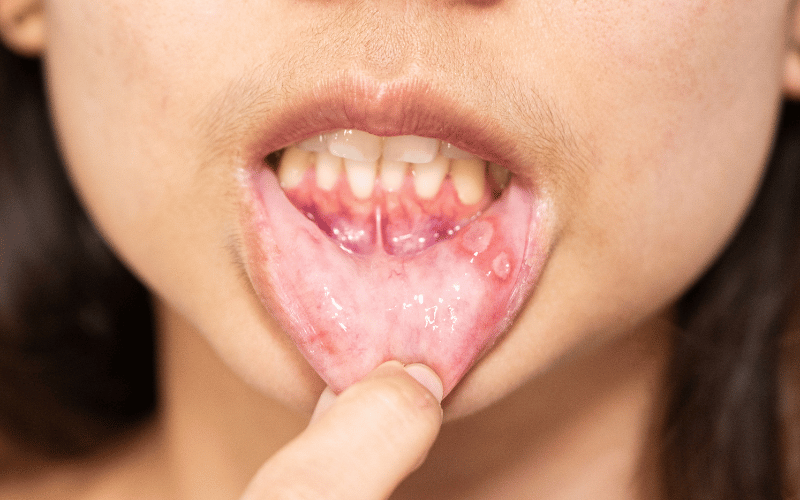Introduction: The Unspoken Dangers Lurking in Our Mouths
Oral cancer, also commonly referred to as mouth cancer, is one of those malignancies that often slips under the radar. Despite being less publicized than some other forms of cancer, its impact is profound. The world is becoming more health-conscious, and yet many remain unaware of the early signs of this dangerous disease. Recognizing these signs at an initial stage can make a significant difference in prognosis, treatment, and overall outcomes.

In this article, we will delve deep into the intricacies of oral cancer, shedding light on the early signs that everyone should be aware of. This knowledge is paramount, not just for those at risk but for everyone. It’s about understanding our bodies, knowing when something is off, and taking proactive measures. By the end of this article, you’ll have a clearer picture of the warning signs and why they matter so much.
Oral cancer, though less spoken about, has seen an upward trend in cases in recent years. This surge could be attributed to various factors – lifestyle choices, environmental factors, or even genetic predispositions. But irrespective of the cause, the solution remains rooted in awareness and timely action. With a better understanding of the early signs, we can all be better equipped to address oral cancer head-on, ensuring a brighter, healthier future for ourselves and our loved ones.
Sign 1: Persistent Mouth Sores

Mouth sores are common. We’ve all faced the inconvenience of a minor cut or ulcer inside the mouth, often due to accidental bites or hot food. However, when these sores remain persistent, extending beyond the usual two-week healing period, it could signal an underlying issue. These sores usually appear flat initially and are painless. However, over time, they can turn into painful lesions that become more bothersome.
A lingering mouth sore is not just about discomfort. It represents the body’s inability to heal, which, in some cases, might be an early manifestation of oral cancer. Regular dental check-ups can identify these abnormalities in their infancy. The early detection of such sores can significantly improve prognosis and treatment outcomes.
Moreover, it’s essential to monitor these sores for any changes in appearance and sensitivity. A sore that grows in size or becomes increasingly painful should never be ignored. Although many factors can contribute to persistent sores, such as bacterial infections or vitamin deficiencies, the possibility of oral cancer should always be considered. (1)